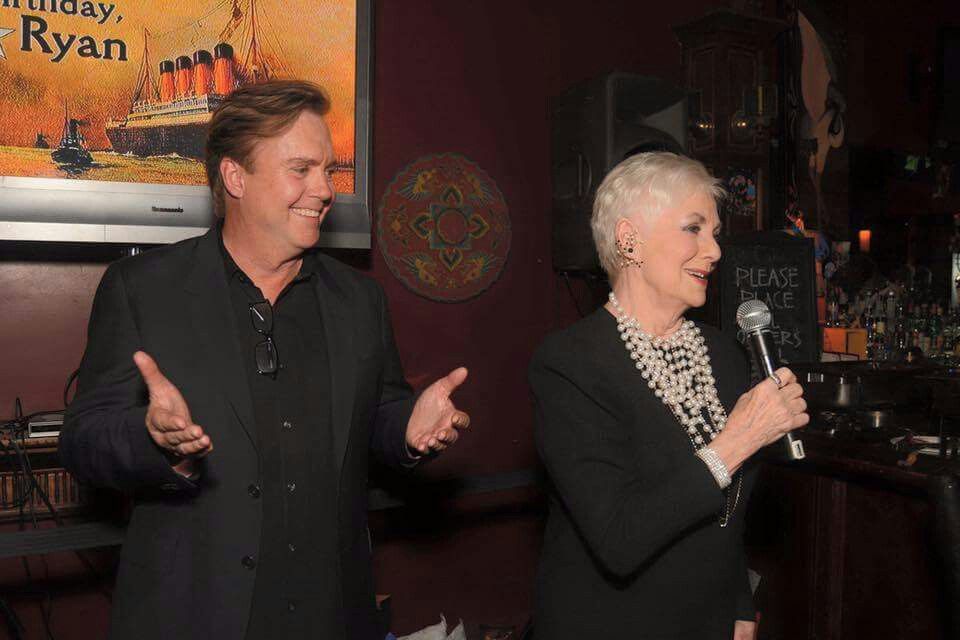
An Ode to Caution: The Price of Experience in Rock and Roll
Oh, the late seventies and early eighties. A time when the echoes of teenybopper fever were starting to fade for some, giving way to the harder, more angular sounds of New Wave and Power Pop. Amidst this musical shift, one figure, the quintessential teen idol Shaun Cassidy, attempted a brave, perhaps defiant, pivot with his 1980 album, Wasp. It’s here we find his fascinating, if commercially ill-fated, take on a classic rock track: “Once Bitten, Twice Shy.”
The song itself is a cover of a 1975 track by Ian Hunter, the former frontman of Mott the Hoople, and it’s essential to understand that context. Hunter’s original reached No. 14 on the UK Singles Chart. Shaun Cassidy’s rendition, however, was a bold departure from the sugary pop that had launched him to superstardom with hits like “Da Doo Ron Ron.” Produced by the legendary and iconoclastic Todd Rundgren, Cassidy’s version was a clear signal of his desire to be taken seriously as a rock artist, shedding the clean-cut, youthful image. Unfortunately, for those seeking chart success, the single was a commercial disappointment; it did not manage to chart on the U.S. Billboard Hot 100, nor did the parent album, Wasp, fare much better, effectively marking the end of his recording career in the U.S. pop market.
But the song’s meaning is what truly resonates, particularly for those of us who have lived through the dizzying highs and stinging lows of youth. The lyric is a narrative—a cautionary tale of a touring musician who believes he’s found an innocent, devoted girl, only to discover she’s far more experienced and world-weary than he imagined, having been with countless others in his industry. The title itself is a timeless proverb, dating back to the 15th century, perfectly encapsulated: “Once you’ve been hurt, you’re more careful and less trusting the next time.” It’s a rock-and-roll confession of vulnerability and a loss of naiveté.
For Cassidy, stepping into this song must have been more than just a musical choice; it felt like a personal statement. He was, in a sense, the ultimate “bitten” figure. Having been devoured and then discarded by the relentless machinery of teen idol fame—a whirlwind of Tiger Beat covers and screaming fans—the song’s theme of caution and retreat had a poignant resonance. His attempt to embrace a grittier, New Wave-infused sound with Rundgren was his attempt to reinvent, to show he wasn’t just a poster boy, but an artist scarred by experience, now twice shy of the pitfalls of easy, manufactured success.
Listening to Cassidy’s version today, we hear less of the heartbreak of the musician in the lyric and more of the quiet resolve of the performer himself. The slick, almost cynical production by Rundgren gives the track a detached, cool sheen—it’s the sound of someone looking back on past folly with a knowing, perhaps slightly bitter, smile. It may not have been the hit he desperately needed, but it remains a profound document of a performer’s attempt to navigate the treacherous waters of fame and maturity. It’s a nostalgic nod to an era when even the sunniest pop stars were trying to prove they had a little rock-and-roll grit under their fingernails.